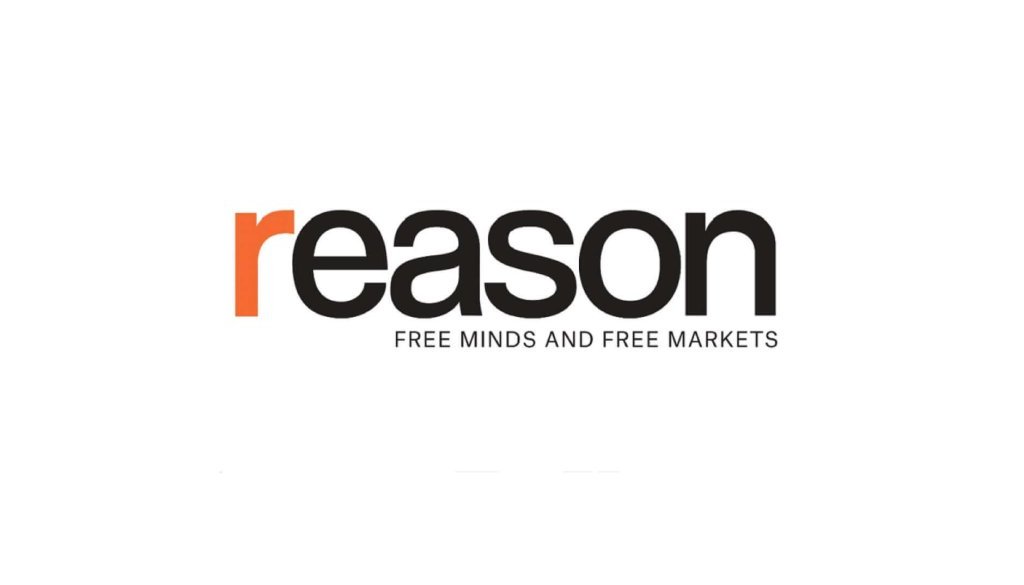TikTok, HamHom, and the First Amendment
I was having a conversation with my Stanford colleague Diego Zambrano, and this perspective on the TikTok case emerged. I’m not positive it’s a sound perspective; but I thought I’d pass it along and see what people thought about it.
[1.] Let’s imagine for a moment that there was a social media platform, HamHom, that was run by Hamas. Hamas is a designated foreign terrorist organization, so the federal material support statute outlaws “knowingly provid[ing] material support or resources” to it. That includes providing “communications equipment” and general “facilities” or “service[s].” It seems to me that it would therefore be illegal for, say, Google and Apple to carry the HamHom app in their app stores, or to provide internet hosting services for HamHom.
And this application of the material support statute to HamHom would be constitutional, given Holder v. Humanitarian Law Project (2010). Holder upheld parallel provisions of the material support statute that banned providing “training” and “expert advice or assistance” to designated foreign terrorist organizations.
The Court recognized that the statute restricted speech, including the challengers’ plans to “train members of [a terrorist group] on how to use humanitarian and international law to peacefully resolve disputes,” and to “teach [the group’s] members how to petition various representative bodies such as the United Nations for relief.” But the Court nonetheless upheld the law, because it was “carefully drawn” and served “an urgent objective of the highest order”—the interest in “combating terrorism.” That was especially so because the law targeted activity coordinated with the foreign organization, and excluded “independent advocacy.” (Op-eds in the New York Times praising a foreign terrorist organization weren’t covered, however much they might help the organization.)
Given that providing training and expert advice to Hamas is illegal and constitutionally unprotected, providing it with communications facilities (again, such as internet hosting or app distribution) would be, too. That would be true even if our concern is Hamas’s use of the facilities as a means of gathering detailed information about individual Americans (e.g., what they’re viewing, what they’re searching for, and so on) or as a means of spreading Hamas propaganda. And it would be true even if HamHom had somehow drawn a lot of American users, so that banning it (and thus making American users switch to other platforms) would make it harder for them to reach the audience that they had developed on HamHom.
[2.] Now of course the analogy between HamHom and TikTok, and Hamas and China, is imperfect. (That’s why it’s an analogy.) TikTok isn’t a designated foreign terrorist organization, and the Chinese government, which I think can reasonably be seen as having potential indirect power over TikTok, isn’t one, either.
The foreign terrorist organization statute basically treats us as being at war with those organizations, and forbids all support for them. But China, though perhaps our most dangerous foreign adversary, is also a
Article from Reason.com

The Reason Magazine website is a go-to destination for libertarians seeking cogent analysis, investigative reporting, and thought-provoking commentary. Championing the principles of individual freedom, limited government, and free markets, the site offers a diverse range of articles, videos, and podcasts that challenge conventional wisdom and advocate for libertarian solutions. Whether you’re interested in politics, culture, or technology, Reason provides a unique lens that prioritizes liberty and rational discourse. It’s an essential resource for those who value critical thinking and nuanced debate in the pursuit of a freer society.




